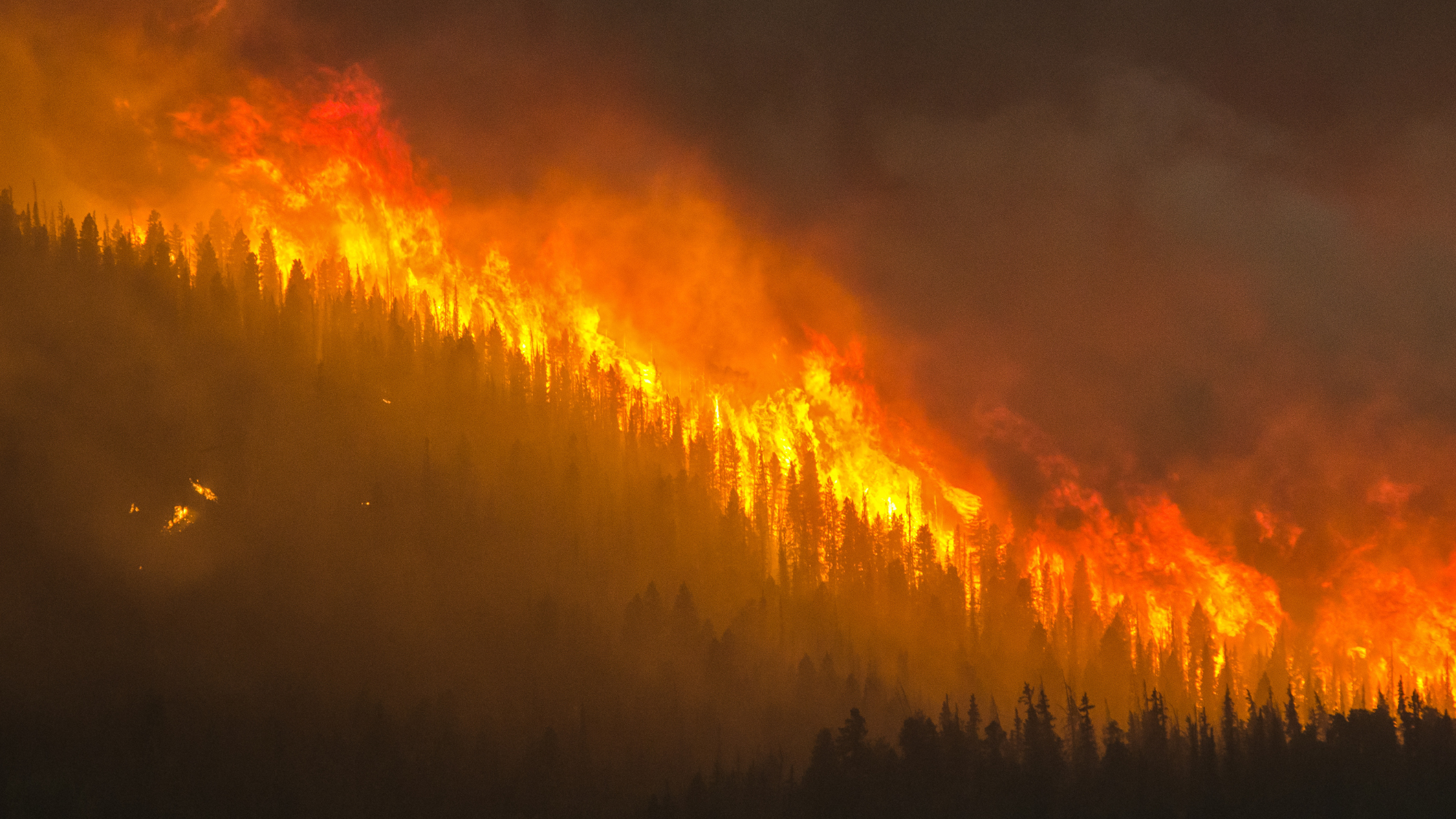
Wildfires are an increasingly devastating and recurring natural disaster that affects numerous regions around the world. Beyond the immediate threat to life and property, wildfires also have far-reaching consequences that extend to our health and well-being. One area significantly impacted by these raging infernos is sleep. In this article, we delve into the relationship between wildfires and sleep, exploring the various ways in which these catastrophic events can disrupt our restful slumber and offer some tips to mitigate their effects.
Disrupted Sleep Patterns
When wildfires occur, they can cause a multitude of disturbances that directly affect our sleep patterns. The most obvious disruption is the noise and chaos associated with the fire itself, including sirens, helicopters, and even explosions. The heightened anxiety and stress resulting from the danger and uncertainty can make it challenging to fall asleep or stay asleep throughout the night. Even after the immediate threat has passed, residual fear and worry can linger, further impairing our ability to achieve restful sleep.
Poor Air Quality
Wildfires release copious amounts of smoke and airborne pollutants into the atmosphere, resulting in poor air quality for miles around. Breathing in smoke and fine particulate matter can have detrimental effects on our respiratory system and overall health. The irritation caused by smoke inhalation can lead to coughing, wheezing, and difficulty breathing, all of which can disrupt sleep. Additionally, the presence of smoke in the air can trigger allergies and asthma, further exacerbating sleep disturbances.
Circadian Rhythm Disruption
Our bodies operate on a circadian rhythm, a natural internal clock that regulates our sleep-wake cycle. Exposure to bright light and the natural rise and fall of the sun help synchronize this rhythm. However, during wildfires, the sun may be obscured by thick smoke, resulting in diminished natural light. This lack of light can confuse our internal clock, leading to difficulties in falling asleep or waking up at appropriate times. The disruption of our circadian rhythm can have lasting effects on our sleep quality and overall well-being.
Psychological Impact
Wildfires can have a profound psychological impact on individuals and communities. Witnessing the destruction and aftermath of a wildfire can cause emotional distress, anxiety, and post-traumatic stress disorder (PTSD). These mental health conditions can significantly disrupt sleep, leading to nightmares, insomnia, and a general sense of unease during the night. The psychological toll of wildfires should not be underestimated when considering the overall sleep health of affected individuals.
Tips for Mitigating Wildfire's Impact on Sleep:
- Create a sleep-friendly environment: Make your bedroom a sanctuary conducive to sleep. Ensure a cool, dark, and quiet space by using blackout curtains, earplugs, and a white noise machine to drown out any external disturbances.
- Maintain good indoor air quality: Invest in high-quality air purifiers to filter out smoke and airborne pollutants. Keep windows and doors closed to prevent smoke from entering your home.
- Establish a relaxing bedtime routine: Engage in relaxing activities before bed, such as reading a book, taking a warm bath, or practicing meditation. This can help alleviate stress and anxiety, allowing for a more peaceful transition into sleep.
- Seek support and professional help: If the psychological impact of wildfires is severely affecting your sleep and well-being, consider reaching out to mental health professionals. They can provide valuable support and resources to help you cope with the emotional aftermath of such traumatic events.
Conclusion
Wildfires are a tragic reality that can disrupt lives and communities on multiple levels. Understanding how they impact our sleep is crucial for maintaining our overall health and well-being. By implementing strategies to minimize sleep disruptions caused by wildfires, we can take steps to protect our sleep quality and ensure a better recovery from these devastating events. Remember, sleep is a fundamental pillar of our well-being, and nurturing it even in challenging times is essential for our physical and mental resilience.
If you are continuing to have sleeping trouble, that may be a sign of an underlying problem. Please click the orange button below to take a free online sleep test and talk with one of our sleep health professionals.

